Preparing Your Business for Recessions
Preparing Your Business for Recessions: We all know that recessions will come in a matter of time, and no business has immunity from an economic downturn as we have seen with the recent COVID-19 pandemic. As our economy begins to improve, here are six strategies you can implement into your business model or plan to maximize the likelihood of weathering future recessions.
Manage cash flow in profitable times
Oftentimes, the businesses that fail in recessions are the ones who are not prepared to adapt or react quickly to economic turbulence. To help your company be agile despite the economy, effective cash flow management practices are necessary. Continually projecting your cash flow several months in advance, having a plan for cutting costs, and having steps in place to protect your business at the first signs of economic downturn is a best practice that can improve your chances of business survival. A valuable exercise to run several simulations to predict the impact of those scenarios on your cash flow.
A good practice is to also review your supplier and customer payment terms to ensure they are not bottle-necking your cash flow. You can check with your suppliers to see if they’d be willing to extend your credit terms. It could be time to firm up the sales terms between your business and customers. You should also look at your accounts receivable to make sure your business is promptly and diligently billing your customers and collecting open invoices.
Working with your suppliers
Having strong working relationships with your suppliers while your business is profiting is important in the hard times. Your suppliers can help keep you ahead of the market and secure supplies in case there is a shortage. You can also talk to your suppliers about entering into contracts. That will provide a flow of supplies no matter the state of the economy.
Debt Reduction
Taking control of your debt in profitable times is the best insurance policy against economic downturns. If you aggressively pay down debts and lines of credit and try to either increase existing lines of credit or secure new ones. Then you’ll be able to access that credit you might need if things change.
Keep your marketing department
Most often, marketing is the first area businesses cut costs in when times are tight. Although this can give your company short-term benefits, it can also create long-term damage. When a recession happens, marketing is even more important since your company will be fighting against other competitors. This is over the dwindling demand of what you offer. Strategizing how you invest in your marketing, like target marketing or cross-selling to current customers. Will bring the best possible returns and will help make your marketing more efficient.
Aim for scalability
Scalability isn’t something that applies to every business, but you should consider opportunities to make your operations more scalable if you’re able to. An example could be to offer overtime to your employees or use independent contractors for selected activities instead of hiring new employees. You could also outsource some nonessential functions or lease facilities, assets, or equipment instead of buying them. By implementing strategies like these, you can ensure your business has the agility to quickly react to changes.
Improving your business
An economic downturn is the worst time to find the weaknesses in your business. It’s easy to be complacent about implementing practices to improve your business in profitable times. However, sometimes good performance can be a mere symptom of a good market rather than a healthy business. You should always benchmark your financial performance against competitors. Also make sure that you have the management talent and infrastructure in place to allow your business to thrive no matter the economic environment.
To find the best ways for preparing your business for recessions, contact us.




